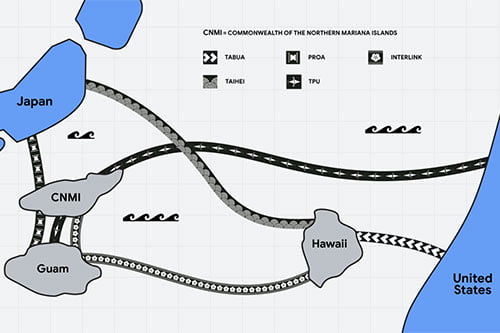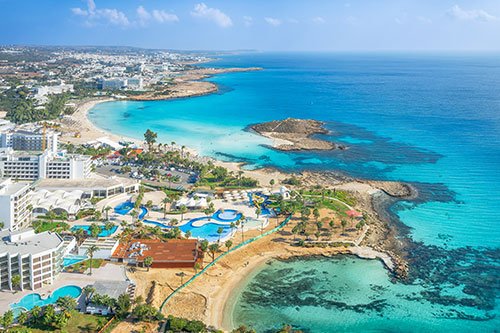By Corinne Reichert, ZDNet
August 23, 2017
Initially planned to launch in September next year, Vocus said that despite adding a spur to Christmas Island, the subsea cable will be ready to go live in less than a year, ahead of competitor cable systems Indigo and Trident.
“We've been able to achieve the earlier date through condensing the program of works,” Vocus Group CEO Geoff Horth explained during the company's FY17 financial results presentation on Wednesday morning.
“The Vocus and Alcatel build teams are familiar with each other, having worked together on the successful delivery of our North West Cable System, which has facilitated the shorter timeframe for completion.”
Vocus signed Alcatel-Lucent Submarine Networks in December to help build the 4,600 kilometre ASC, which is designed to carry 40Tbps at a minimum across four fibre pairs.
According to Vocus, the ASC is the only submarine cable system to have all landing party permits and approvals in both Indonesia and Singapore, and to have a “ready and waiting” fibre network across Australia that's able to transport traffic from Asia to all Australian capital cities, with construction now under way at the landing sites in Singapore, Indonesia, and Perth.
The marine route survey and full system design have been completed and the marine transmission system manufacturing is “in full swing”, Vocus said, with 50 percent of the work done on the marine cable, 80 percent on the land-based electronics and power systems, and 40 percent on the subsea electronics systems.
…
Vocus' full-year financial results saw a turnaround in its FY16 net profit of AU$64.1 million to a net loss of AU$1.5 billion for FY17 due to “higher than forecast net finance costs and a higher effective tax rate”, along with what Horth called “a more competitive business environment” in both Australia and New Zealand. Underlying net profit was AU$152.3 million.











